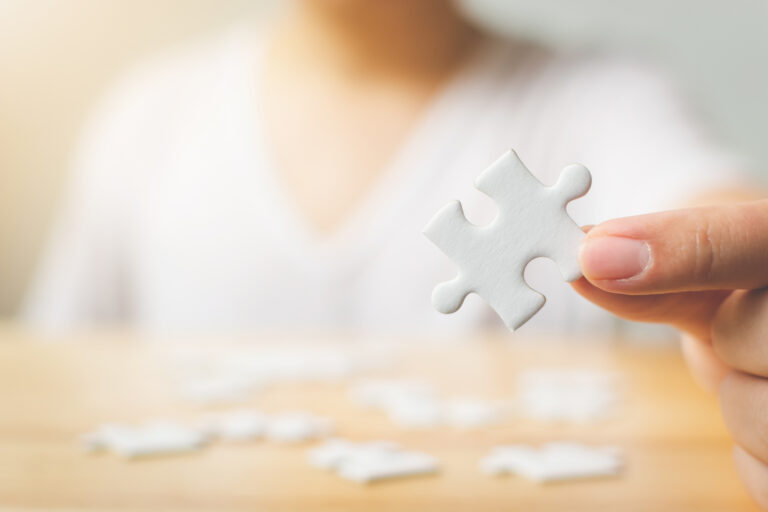Friendship after 30 often takes on a new kind of importance, different from the friendships we had in our younger years. As life gets busier with work, family, and other responsibilities, it’s easy to let friendships slide. But prioritizing these connections can bring real benefits that are worth the effort.
When you’re younger, friendships might revolve around shared activities or social scenes. After 30, they tend to become more about genuine support and understanding. This is a time when people start to value quality over quantity in their relationships. True friends provide emotional support during life’s ups and downs—whether it’s dealing with career challenges, relationship changes, or personal losses.
One big reason to prioritize friendship after 30 is that meaningful connections help combat loneliness. Many adults find themselves feeling isolated as their social circles shrink due to moves, marriages, or busy schedules. Having close friends who listen without judgment can make difficult times easier and joyful moments richer.
Friendships also contribute positively to mental health by reducing stress and providing a sense of belonging. Unlike casual acquaintanceships that might fade quickly under pressure, deep friendships offer consistency—a reliable presence you can count on even when life feels overwhelming.
Moreover, adult friendships often involve mutual growth and encouragement rather than just fun hangouts. Friends at this stage encourage each other’s goals and celebrate achievements while offering honest advice when needed.
It’s important too because making new friends as an adult isn’t always easy; many people focus heavily on careers or family commitments early on and may neglect building those bonds until later in life. But investing time in nurturing these relationships pays off by creating a network of support that enriches your overall well-being.
In essence, friendship after 30 becomes less about convenience and more about connection—the kind that sustains you through all seasons of life with empathy and care. Prioritizing these bonds helps build resilience against loneliness while adding depth to your everyday experience beyond work or family roles alone.





